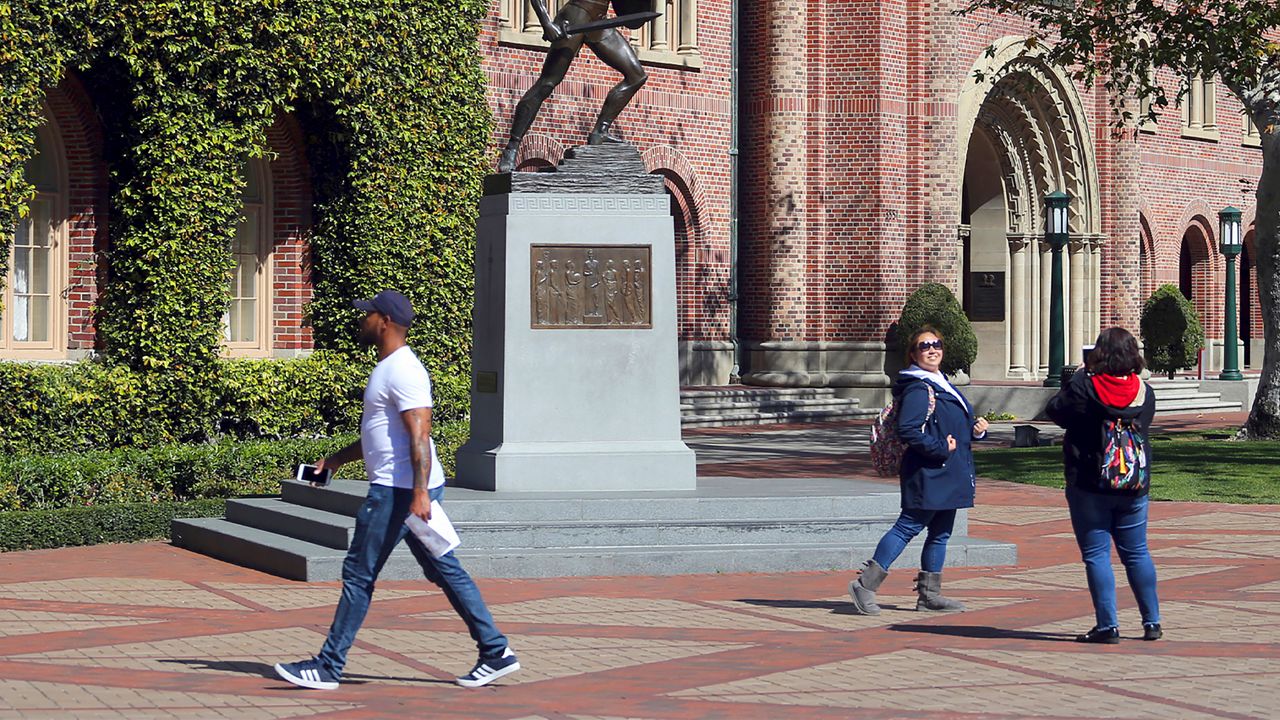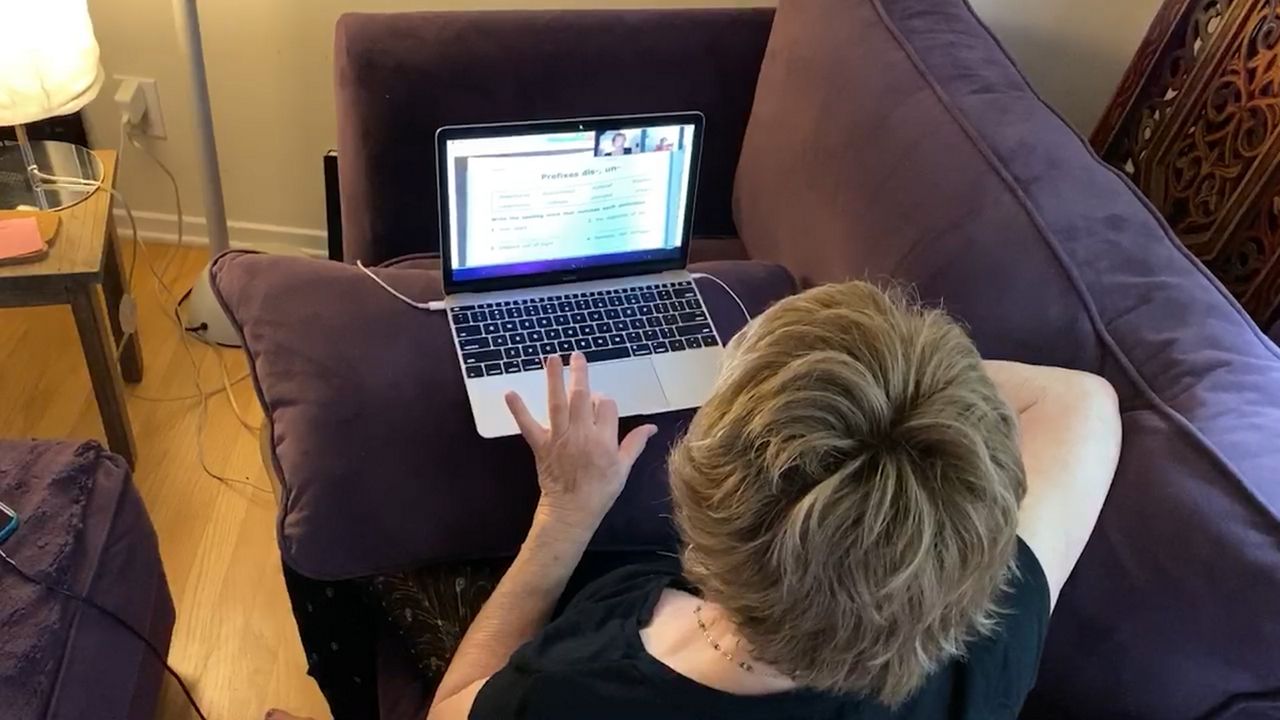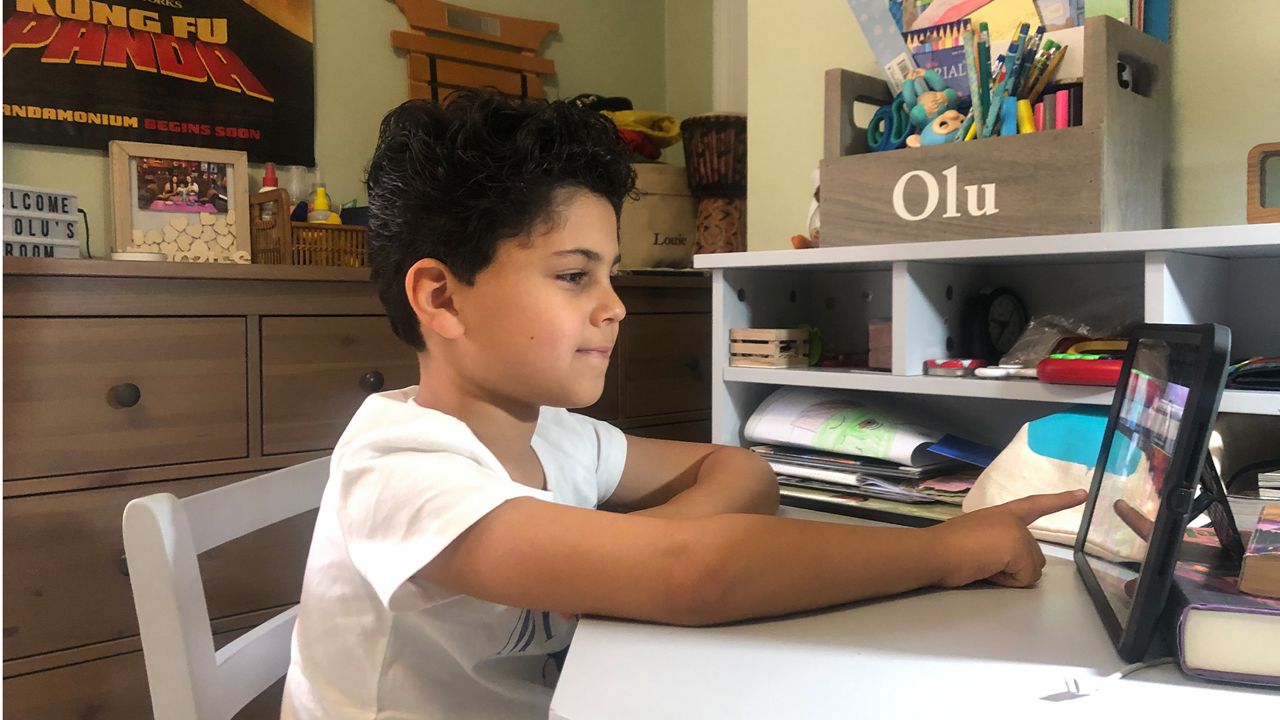WESTWOOD, Calif. — State lawmakers, academics, and community members gathered at UCLA Saturday for the annual State of Black California Conference.
One of the most discussed topics was education, and how to best serve black students in Southern California.
South Los Angeles parent Danielle Lafayette attended the conference with concerns about school options for her sons.
MORE EDUCATION STORIES:
- UC Irvine Class About Disneyland Brings Magic to Classroom
- Well Known Actor Guides Students at Black College Expo
- Golden West College Offers Free Tuition to Bridge Education Gap
“Because I have two African American males, I know the education system really needs to improve and also the prison system says that one in three African American males will end up in prison during his life,” Lafayette said. “I really want to make sure that I change those odds for my sons, as well as other children who have to grow up in L.A.”
For her, changing the odds starts with funding. She wants more money allocated for schools in her community, and for leaders to work with parents on creating better schools.
“As a parent you’re always like, where do I send my children to school? Because you also want to build community. So if we’re always sending our children out, then we’re not building,” Lafayette said. “In order for our children to have confidence in our community to also want to build our community, we need to keep them inside our community.”
California Legislative Black Caucus Chair Dr. Shirley Weber said finding solutions to community issues like inadequate education and the school to prison pipeline will come from mothers, and policy makers working together.
“There are no big Martin Luther Kings here with us, but there are an awful lot of folks who are the smaller Martin Luther Kings in their community who are challenging the system to make a difference for young people,” Dr. Weber said.“There are no big Martin Luther Kings here with us, but there are an awful lot of folks who are the smaller Martin Luther Kings in their community who are challenging the system to make a difference for young people,” Dr. Weber said.
Education researcher Pedro Noguera discussed findings from a recent study about challenges and opportunities for Black youth in LA County.
Lafayette took notes on what she can do in her own community to empower parents and local leaders to improve neighborhood schools. She already has a few ideas.
“Making sure that our schools have at least an 8 score or better,” Lafayette shared. “I think that’s very important to closing the achievement gap is making sure our schools are funded to help African American students achieve success.”











